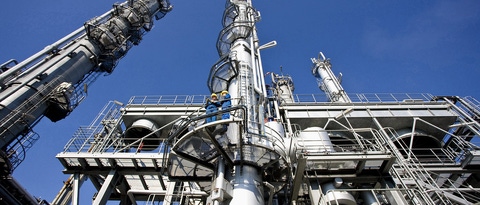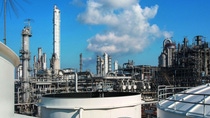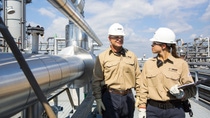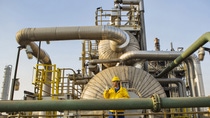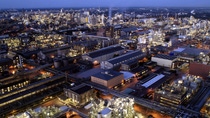BASF’s Cracker Products
Cracker products are the building blocks of the chemical industry and the starting materials for numerous processing industries.
These basic products for the processing industry are used in end products that help to meet demand for clothing, food, housing and mobility as well as medication and personal care items. BASF produces the full range of cracker products, from ethylene and propylene to butadiene, butene and benzene.
